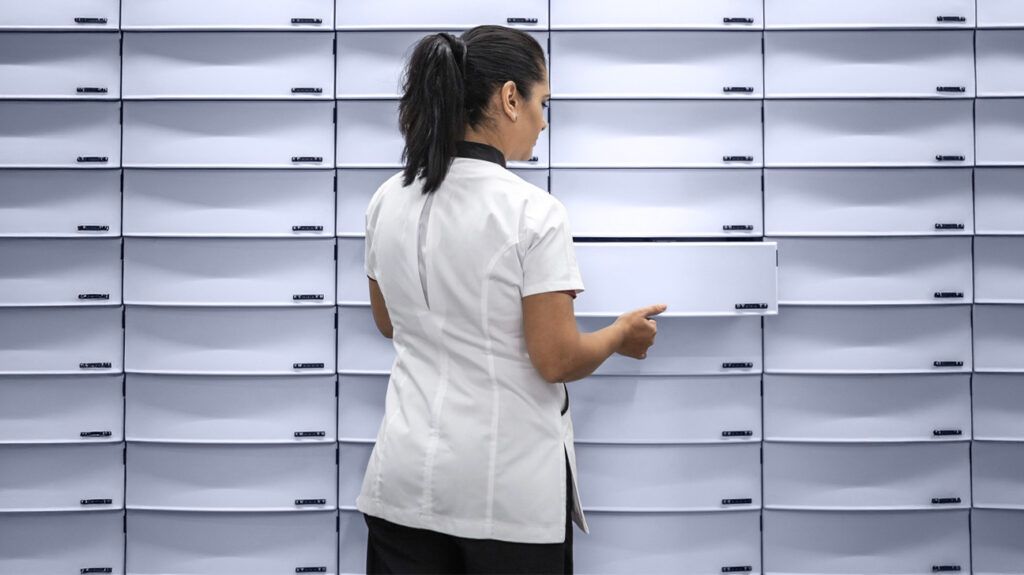Currently, there is a worldwide shortage of stimulant medications. These drugs increase activity in certain parts of the brain, which can help relieve the symptoms of attention deficit hyperactivity disorder (ADHD).
ADHD is a common condition that can cause inattention, hyperactivity, and impulsivity. Many people with ADHD find stimulant medications the most effective treatment. These medications work by inhibiting the reuptake of neurotransmitters called dopamine and norepinephrine in the brain.
This process increases the concentration of these neurotransmitters, which may help a person living with ADHD increase their concentration levels and reduce hyperactive and impulsive behaviors. There is currently a shortage of these ADHD medications in the United States and globally.

There is currently a shortage of ADHD medications in the U.S.
The American Psychiatric Association carried out a poll of psychiatrists across the U.S. to understand the shortage of a number of medications. The most common medication that psychiatrists listed as being in short supply were stimulants.
These are medications that psychiatrists use to treat ADHD. Stimulants made up 96.6% of the total medications that psychiatrists felt were in short supply.
The Food and Drug Administration (FDA) also announced that there was a nationwide shortage of these medications in October 2022. It noted a nationwide shortage of mixed amphetamine salts, which manufacturers sell under the trade names Adderall and Mydayis.
According to the FDA, this shortage affected approximately 1 in every 10 people in the U.S. who required the medication.
There are two main factors that can cause a shortage of ADHD medications. These include manufacturing issues and an increased global demand for the medication.
A 2023 study looked at the medical consumption of ADHD medications from 2015 to 2019. It concluded that ADHD medication consumption has been rising consistently. The study states that there was an overall increase of 9.72% per year over that period.
According to another study, the prescription of stimulants for ADHD treatment increased by 10% among adolescents and adults in the U.S. in 2020 to 2021 — the first year of the COVID-19 pandemic.
Some medical professionals claim that this rise in prescriptions was due to the suspension of the 2008 Ryan Haight Act by the U.S. Department of Health and Human Services (HHS). This act strictly regulated the prescription of controlled substances through telepsychiatry.
Once the HHS suspended this act, telehealth professionals were able to prescribe these substances online without examining the person. Medical professionals believe that this made it very easy for people to obtain prescriptions of stimulants for ADHD treatment.
Other factors that may have played a role in the increased number of ADHD diagnoses include:
- better public awareness of ADHD
- increased detection of ADHD
- improved diagnostic criteria
- less stigmatization of the disorder
There is a shortage of stimulant medications for ADHD in the U.S. and globally. However, there are other medications that a person may take to treat their ADHD.
Medical professionals may also prescribe nonstimulant medications for the condition. These medications affect nerve receptors in the brain more indirectly than stimulant medications. For this reason, they may take longer than stimulants to become effective.
Nonstimulant drugs can increase and adjust the levels of certain neurotransmitters in the brain, similar to stimulants. This can help increase attention span and reduce impulsivity.
Types of nonstimulant medications that may help treat ADHD include:
If a person wishes to try medication to treat their ADHD they should consult a medical professional first. People can discuss a treatment plan with a doctor or a psychotherapist.
During this planning session, a medical professional will work closely with the person, and possibly their family, to help decide whether medication is an appropriate treatment option.
If it is appropriate, a medical professional will prescribe the specific medication they feel will be most effective. The medical professional will also be able to help the person understand their dosage and when to take the medication.
Medication is not the only treatment option for ADHD. Certain lifestyle factors and types of behavioral therapy
Lifestyle changes for treating ADHD symptoms
Lifestyle factors that may help with managing ADHD symptoms
- being physically active
- limiting the amount of time spent looking at screens
- maintaining a healthy sleep pattern
- eating a balanced diet containing plenty of:
- fruits
- vegetables
- whole grains
Behavioral therapy for ADHD symptoms
A psychotherapist may also recommend behavior therapy to help treat ADHD symptoms. This is often an effective treatment for ADHD in childhood.
During behavioral therapy, a therapist may aim to help an individual build on their social skills and learn new methods of managing relationships. For example, this type of therapy may help a child who is experiencing difficulties in relationships with peers and teachers at school, with the aim of improving their quality of life.
Behavior therapy may also help a person with ADHD learn strategies to help reduce symptoms in everyday life.
ADHD is a common condition that causes inattention, hyperactivity, and impulsivity. Stimulant medications are the primary treatment for ADHD. These medications can help increase concentration and reduce hyperactive behavior.
There is currently a global and national shortage of these medications. In the U.S., the FDA reported a shortage of these medications in 2022, affecting approximately 10% of those needing the drug. Medical professionals link this shortage to manufacturing issues and increased global demand.
Alternatives to stimulant medications include nonstimulant drugs such as atomoxetine, guanfacine, and clonidine. In addition to medications, lifestyle factors and behavioral therapy may help a person with ADHD manage their symptoms.


